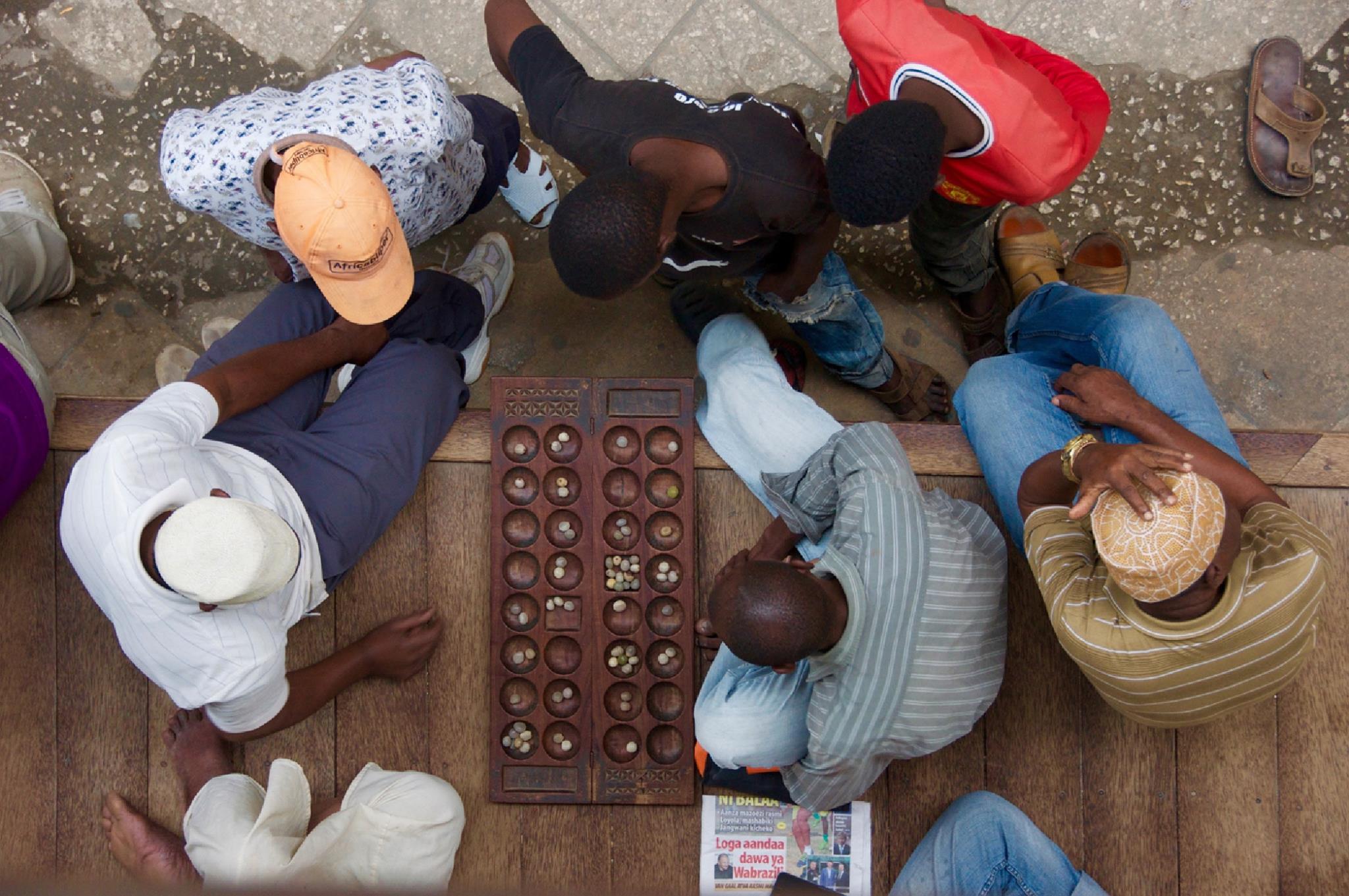I am a medical/psychological anthropologist with a research focus on embodiment, intersubjectivity, and cultural practices of self-cultivation. I am primarily interested in how people understand and experience existential distress, the institutions and practices that arise to address this distress, and what these experiences, institutions, and practices can tell us about local moral, phenomenological, and epistemological worlds.
Specifically, I am concerned with understanding how cultural meanings and representations become powerfully motivating for individual people, and how individuals can engage these meanings and representations improvisationally, and even idiosyncratically, to navigate questions of existence.
My work to date has taken the form of several intellectual projects, each of which has grappled with different aspects of these core themes.
Eating Disorders and Asceticism
My earliest work examined disciplines of asceticism (fasting, celibacy, deprivation of comfort) as culturally elaborated practices for negotiating gendered conceptions of morality. I focused on anorexia nervosa as a contemporary ascetic practice, interrogating the cultural dimensions of this condition as one in which particular, moralized forms of body ritual assume center stage.
Gender, Nationalism and Embodiment in a Mexican Convent
My dissertation research extended my work on gender, asceticism, and moral practice. The project concerned young women in training to become nuns in a Roman Catholic convent in Mexico and their experiences of religious vocation. I examined the ways the Sisters’ existential transformation proceeded in direct, everyday engagement with larger cultural concerns about Mexican nationalism and cultural identity in the face of an accelerated movement into the “first world.” I argued that the nuns’ bodily experiences in religious training became avenues for cultivating a gendered religious subjectivity that afforded them a third way between more traditional gendered expectations and American-style feminism. This research is the basis for my first book Jesus in Our Wombs: Embodying Modernity in a Mexican Convent (The University of California Press, 2005), as well as a number of articles.
Latina Teen Suicide Attempts and Acculturative Stress
This work, which mobilizes my academic perspectives to address mental health issues, was undertaken collaboratively with Dr. Luis Zayas and Dr. Leo Cabassa of the George Warren Brown School of Social Work at Washington University. We wanted to better understand the phenomenon of Latina teen suicide attempts (more than three times the rates of other subgroups). We proposed a conceptual model and mixed-methods approach grounded in existing knowledge about acculturative stress and the paucity of adequate mental health care services for immigrant populations in the U.S. With Dr. Zayas as the Principal Investigator, this research was funded by an NIMH R01 grant and produced several articles.
Eating Disorders and Cultures of Recovery
Over the past 25 years I have been engaged in critical medical anthropological work on eating disorders as syndromes that both manifest and challenge dominant cultural notions of gender, agency, and moral personhood. I have been particularly interested in how models of eating disorders enfold and prescribe certain kinds of gendered subjectivity as healthy, while excluding or pathologizing others. My work in this area engages questions of how the body figures into (or disappears from) operating etiological explanations of these conditions, how “healthy” agency is implicitly gendered in dominant models and techniques of recovery, and how presumptions about the “correct” female sexual body informs understandings of eating disorders and the interventions used to treat them. I been especially interested in how the structures and practices of managed mental health care mirror and exacerbate the core dynamics of eating disorders themselves, making recovery within this system especially fraught. This work produced several articles, and culminated in my most recent book, Famished: Eating Disorders and Failed Care in America (The University of California Press, 2019), which was recognized with the Victor Turner Prize for Ethnographic Writing and the Ellen Basker Prize in Medical Anthropology.
Love American Style: Polyamory, Consensual Non-Monogamy, and the Transformations of Intimacy under Late Capitalism
My current project extends my inquiries about ethical self-fashioning, affect, and materiality in a new (though related) direction, exploring a burgeoning relationship form in the United States: polyamory, or consensual non-monogamy (CNM). Although CNM has been part of the underground American relationship landscape for decades, it has recently exploded onto the mainstream stage, becoming what some characterize as “the new sexual revolution.” In trying to understand “why CNM, and why now?” my new research explores how and why people become involved in CNM, what kinds of everyday self- and emotion-work are required (regarding issues of jealousy, for example), how the daily practices of CNM are experienced as an ethical self-project among practitioners, and how this trend articulates with broader cultural and economic shifts: for example the transition away from long-term secure employment towards entrepreneurial and “side hustle” strategies characteristic of contexts of economic and social precarity.
1 Pappas, S. (2013, February 14). New sexual revolution: Polyamory may be good for you. Scientific American.
Crosscutting Themes
Across all of these projects, three core questions frame my scholarly inquiry, corresponding to different, yet intersecting, levels of analysis.
On what might be called the level of the “subjective” or “individual,” I ask: How do people make sense of the world through their bodies, and how is this ongoing process of embodiment intimately and inextricably relational? This entails understanding how bodily experiences are given meaning in local social worlds, how such meanings come to be experienced as part of one’s “self” or “identity” according to local models, and how one’s body can become a symbolic resource for communicating subjective experiences in culturally meaningful ways. It involves questions of fundamental import to the project of anthropology more broadly, as it focuses on how “the outside” (e.g., culture) is thought to get “inside,” and, perhaps just as interesting, how “outsides” and “insides” are themselves culturally delineated.
On what we might describe as the level of the “social,” I ask: How do people engage bodily practices to help them navigate misfits between their own experiences and cultural proscriptives? This aspect of my work engages forms of symbolic communication (e.g., ritual, bodily modifications) and the ways bodies and bodily experiences become invested with multiple, sometimes competing, cultural meanings. I am interested in how strategies of bodily management concretize “acceptable” and “unacceptable” selves and how these practices often become contested terrains of moral action for both individuals and institutions.
On what might broadly be called the “cultural” level, I ask: How do institutional structures condition such bodily practices, either as technologies of those institutions or as domains of resistance (or, in some cases, both)? Here, I consider models of human agency and propositions about the degree to which individual actors are capable of choice. This aspect of my work engages questions of moral decision-making and ethical practice as locally constituted domains. As individuals creatively engage cultural languages (often non-verbal) and symbols to express their suffering and make inroads in healing, the contours and fissures of such cultural logics become manifest.
Across these l levels, I am interested in how interpersonal, institutional, and social structures and dynamics of power and inequality inform the possibilities and limits of being.
Clinical Work
In addition to being an anthropologist, I am a licensed clinical social worker (LCSW) (Missouri License #2007031682) and have been in private practice since 2009. I specialize in working with eating disorders, mood disorders, anxiety, self-harm, trauma/PTSD, and personality disorders. I also work with clients engaged in alternative relationships and/or lifestyles and am LGBTQ+ and kink friendly. I provide traditional in-person sessions as well as teletherapy.
I do not take a salary for my psychotherapy services. I am registered as a 501(c)(3) nonprofit and 100% of my fees go towards maintaining my therapy practice and offering low- or no-cost treatment to individuals in need.







